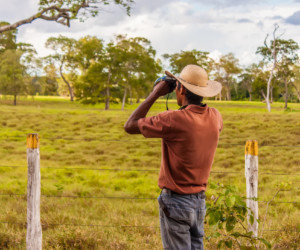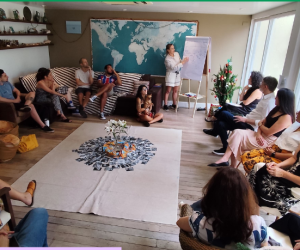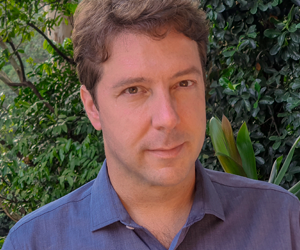About IIS > Internal collaborator
Fernanda Gomes
Communications Manager
Fernanda holds a Masters degree in Sustainability Science from PUC-Rio and in Marketing Communications from the University of Westminster in England, and a bachelor degree in Biological Sciences from UFRJ, in Social Communication from UTP-PR, and in Graphic Design from UFPR. She worked in communication agencies and marketing communication departments of large companies and non-governmental organizations in Brazil and abroad. She was an intern in the Laboratory of Vertebrates - Department of Ecology of UFRJ, researching about fauna conservation in Agroforestry Systems. As Communications Manager of the International Institute for Sustainability (IIS) and the Centre for Conservation and Sustainability Science (CSRio), she develops communication strategies for scientific dissemination, sensibilization of decision-makers and implementation of conservation projects at community level. She also develops research and projects focused on behaviour change for conservation. restoration and sustainable agriculture.
Related Content
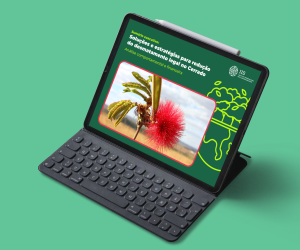
Executive Summary: Solutions and Strategies for Reducing Legal Deforestation in the Cerrado
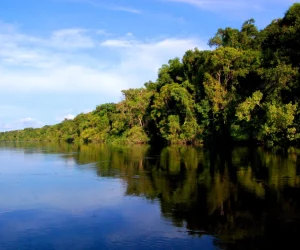
Restoring Landscapes in the Amazon and the Atlantic Forest
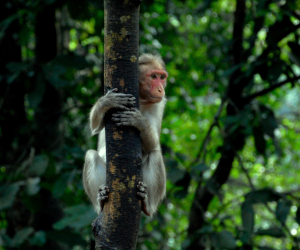
Metrics for Net Biodiversity Gain in Terrestrial Ecosystems
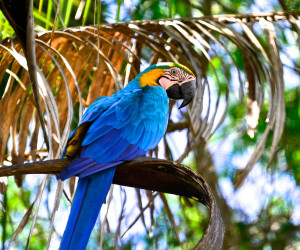
Biodiversity credits: a promising financial solution for sustainable and deforestation-free agriculture
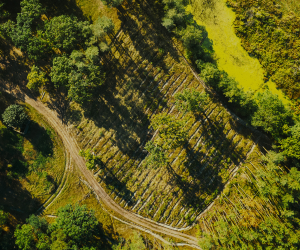
Priority Areas for Native Vegetation Restoration in Brazil
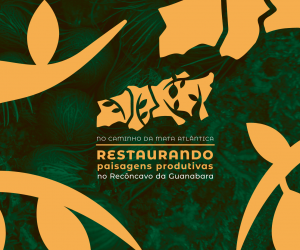
The Atlantic Forest Trail: Restoring Productive Landscapes in the Guanabara Reconcave
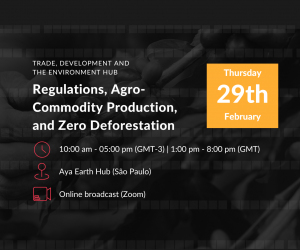
09.02.24
Video: Regulations, Agro-Commodity Production, and Zero Deforestation
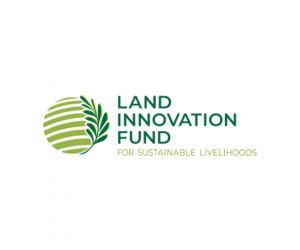
16.10.23
The carbon market: an opportunity to control deforestation caused by agricultural expansion in Brazil
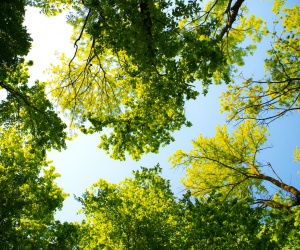
Framework to guide the mitigation of natural disasters through Nature-based Solutions
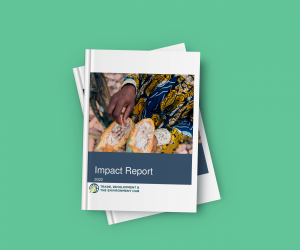
Impact Report 2022

09.08.23
ACHIEVING AGRICULTURAL SUSTAINABILITY IN MATOPIBA
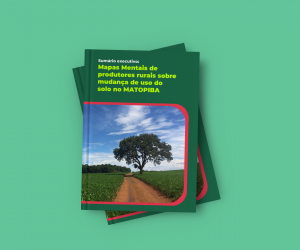
Executive summary: Mental maps of rural producers on land use change in MATOPIBA

Biochar and Forage Peanut improve pastures: Evidence from a field experiment in Brazil
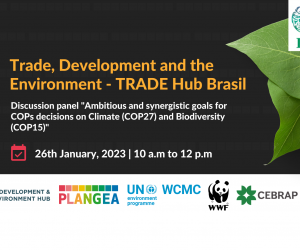
17.01.23
Video: discussion panel “Ambitious and synergistic goals for COPs decisions on Climate (COP27) and Biodiversity (COP15)”
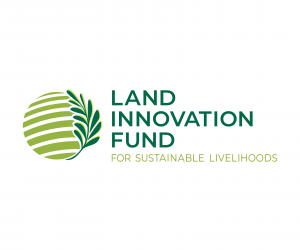
16.01.23
The cerrado seen from a 4-wheel drive
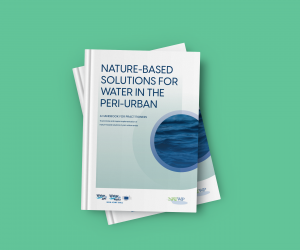
NATWiP Handbook – A handbook for practitioners to promote and inspire implementation of nature-based solutions in peri-urban areas

Stepping on invisible land: on the importance of communicating the value of soils
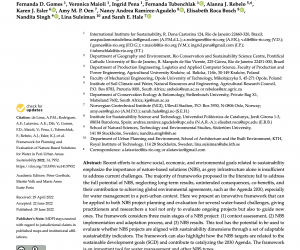
Framework for Planning and Evaluation of Nature-Based Solutions for Water in Peri-Urban Areas
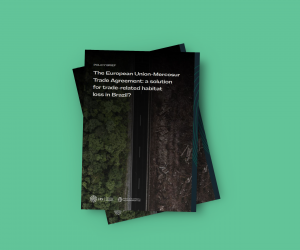
Policy Brief: The European Union-Mercosur Trade Agreement: a solution for trade-related habitat loss in Brazil?

Behavioral Sciences applied to a sustainable soy chain
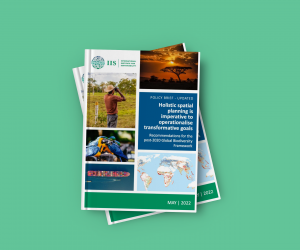
Holistic spatial planning is imperative to operationalise transformative goals: recommendations for the post-2020 Global Biodiversity Framework
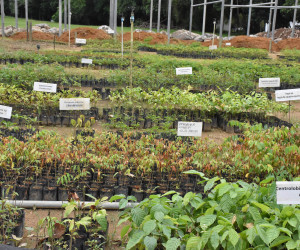
On the Atlantic Forest trail: restoring landscapes and strengthening local production chains in the Central Fluminense Mosaic
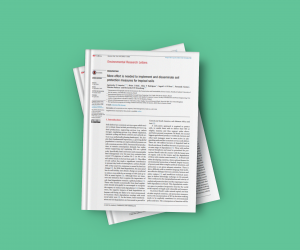
More effort is needed to implement and disseminate soil protection measures for tropical soils
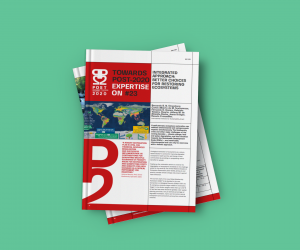
Expertise on #23 – Integrated approach: better choices for restoring ecosystems
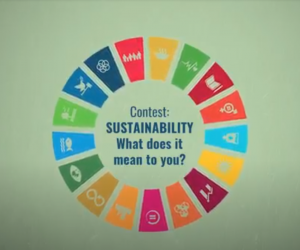
15.04.21
Winners of the contest “SUSTAINABILITY: What does it mean to you?”

Guidelines for Forest Landscapes Restoration in the Brazilian Atlantic Forest and Amazon
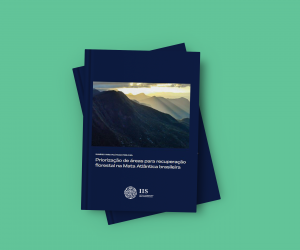
Summary for public policies: prioritizing areas for forest recovery in the Brazilian Atlantic Forest
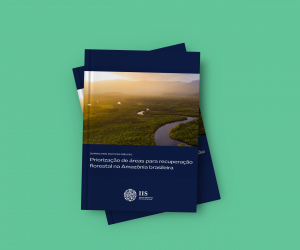
Summary for public policies: prioritizing areas for forest recovery in the Brazilian Amazon

Frontiers in Ecology and Evolution: Local Perception in Forest Landscape Restoration Planning: A Case Study From the Brazilian Atlantic Forest
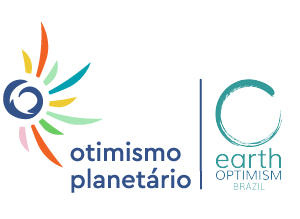
01.03.21
Earth Optimist Brazil 2021
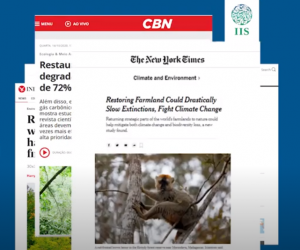
09.02.21
2020 in retrospective
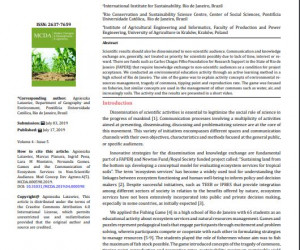
Games and the Communication of Ecosystem Services to Non-Scientific Audiences
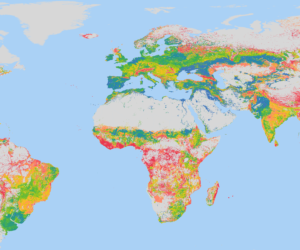
PLANGEA: Strategic Land Use Planning
